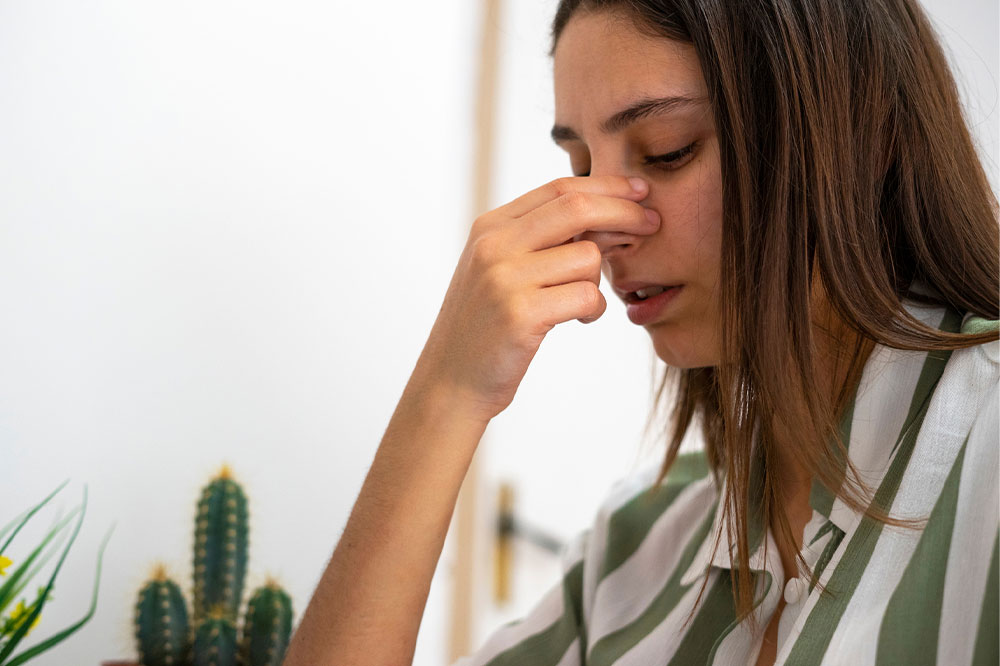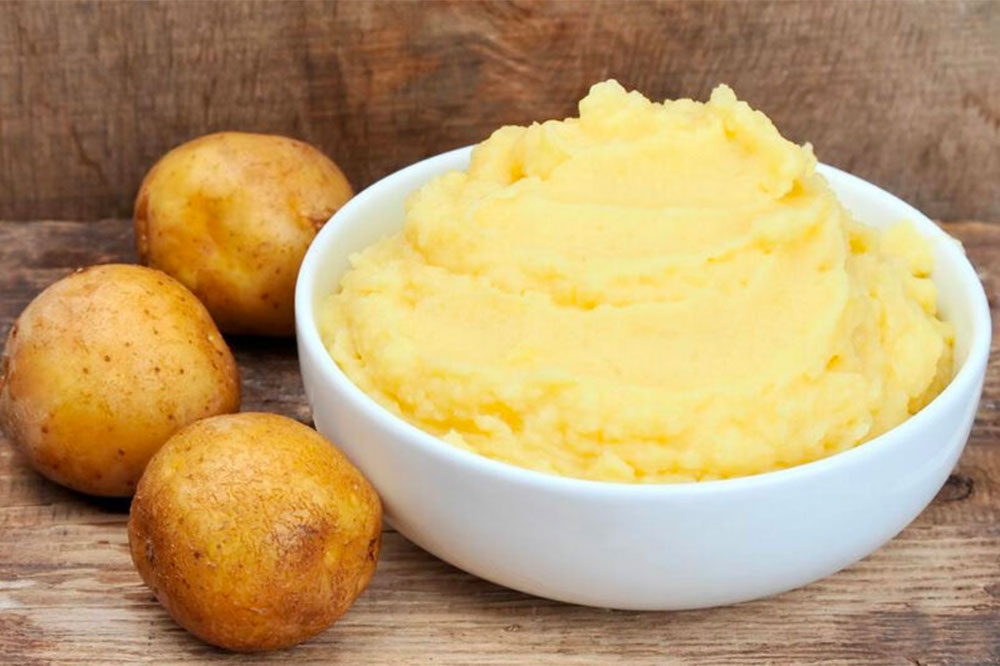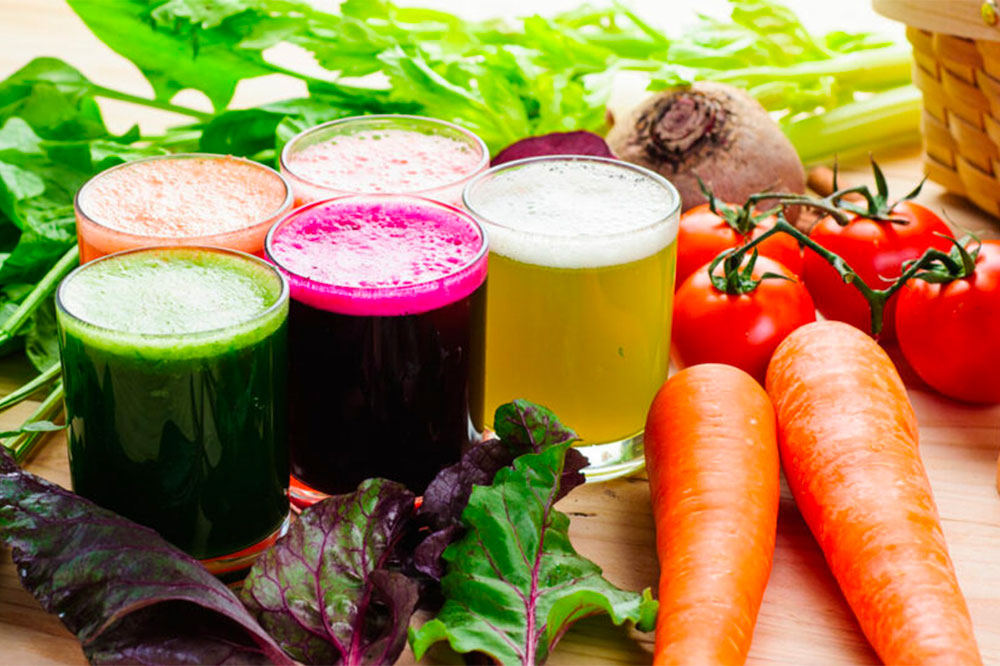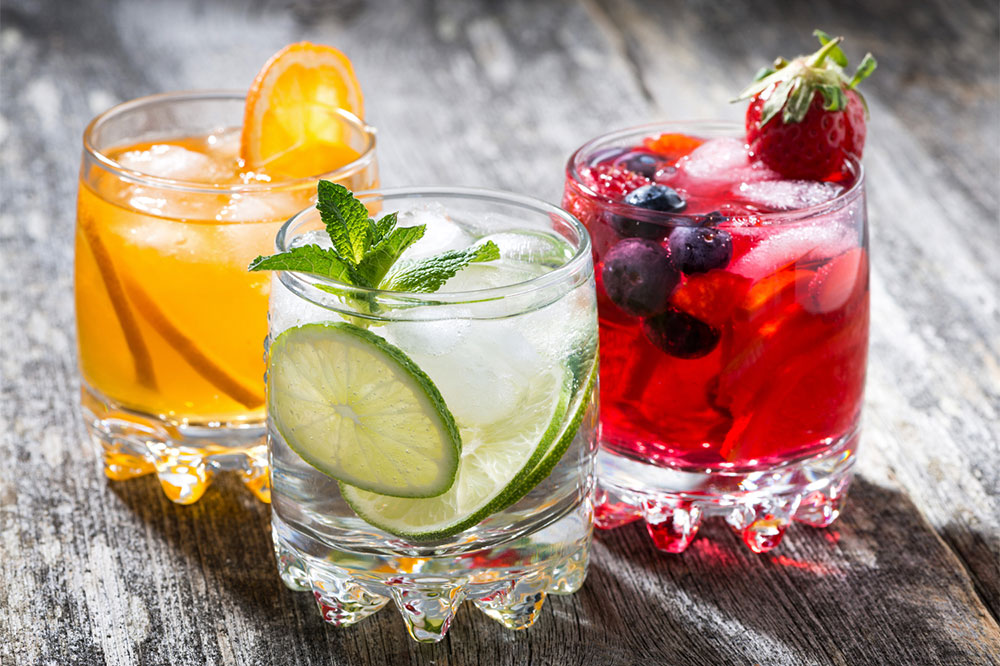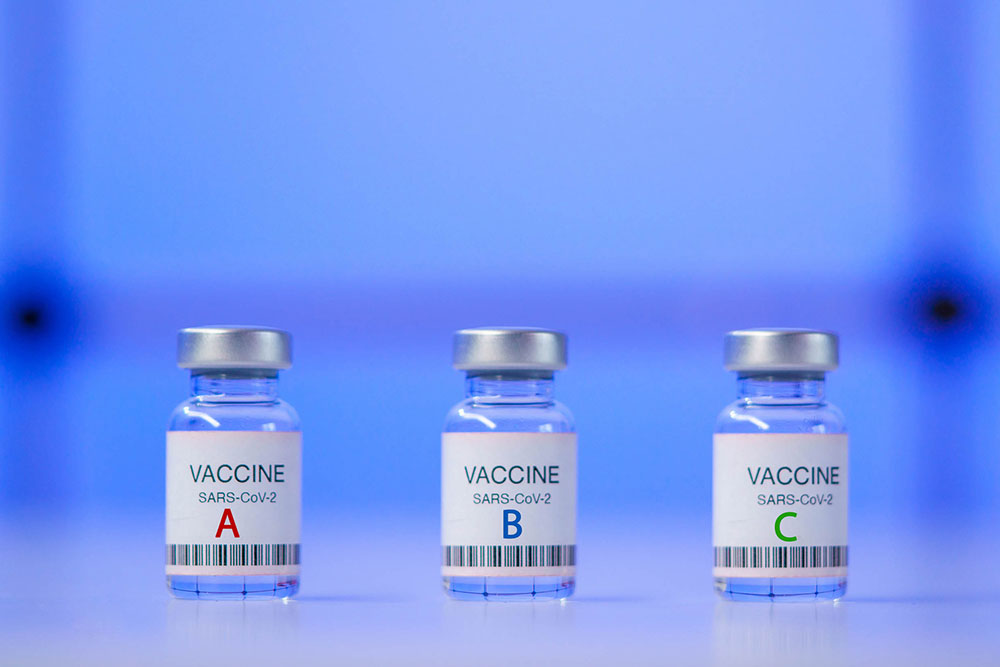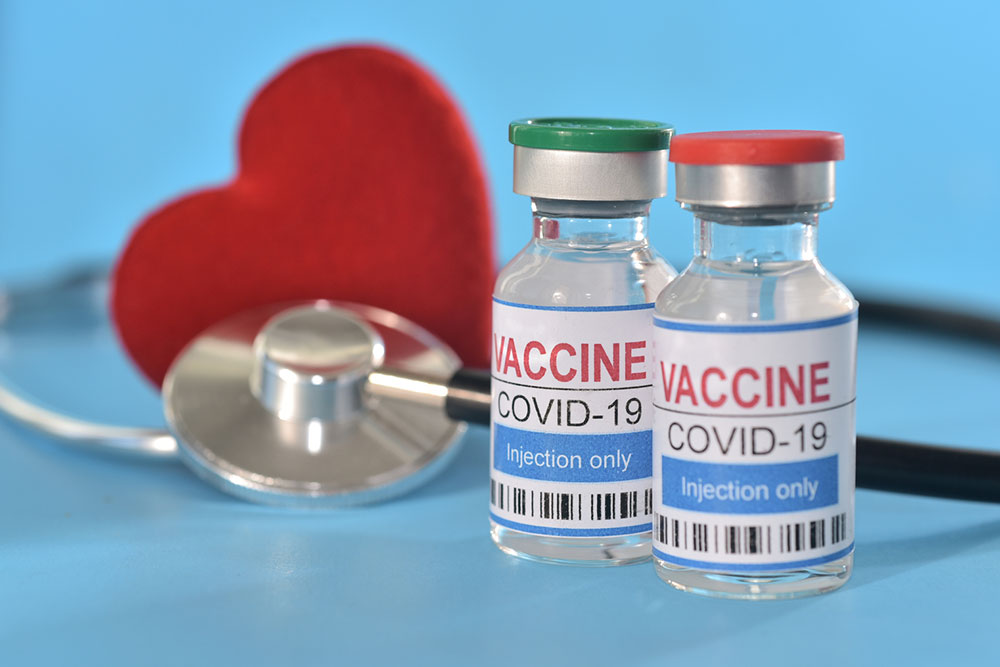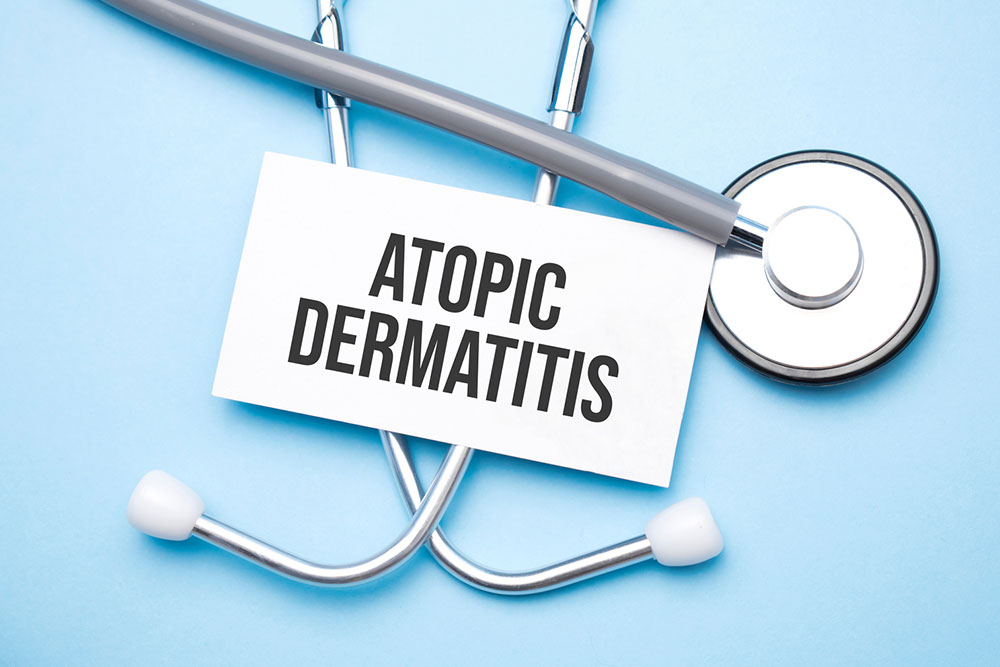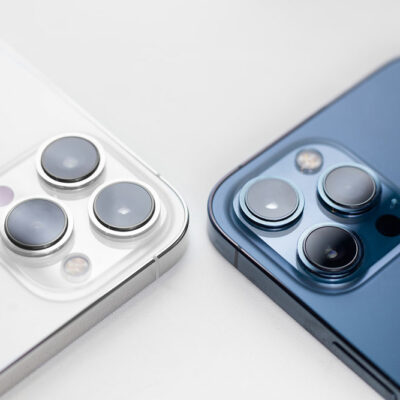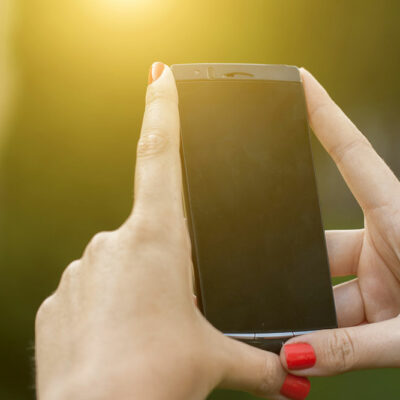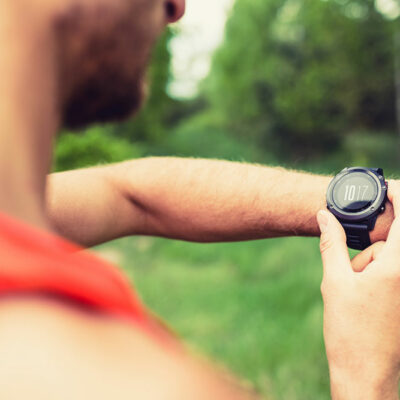
Foods that you should avoid when suffering from arthritis
Arthritis, a disease that affects your bones and joints, is characterized by inflammation and pain that can worsen with age. It is a very common condition. Although the effects of this condition can be reduced, it can never get completely cured. Foods like fish, nuts, and vegetables help prevent arthritis. However, some foods can cause inflammation and trigger the many symptoms of arthritis. There are many foods that you should avoid if you’re suffering from arthritis. Some of these include: AGEs Advanced Glycogen End (AGE) is a toxic substance that is formed when food is grilled, fried, or heated up in any form. This substance can cause damage to the proteins in your body. To fight this damage, your body releases cytokines, an inflammatory substance, which could trigger arthritis. Sugar High amounts of sugar in your food could also contribute to the development of AGEs. It is best to reduce the intake of candies, sodas, and other items that are rich in sugar. Dairy The protein found in dairy products is harmful to some people with arthritis, as it irritates the joints. If dairy products disturb your health, it is recommended you shift to vegan products which do not contain this protein.
Read More 